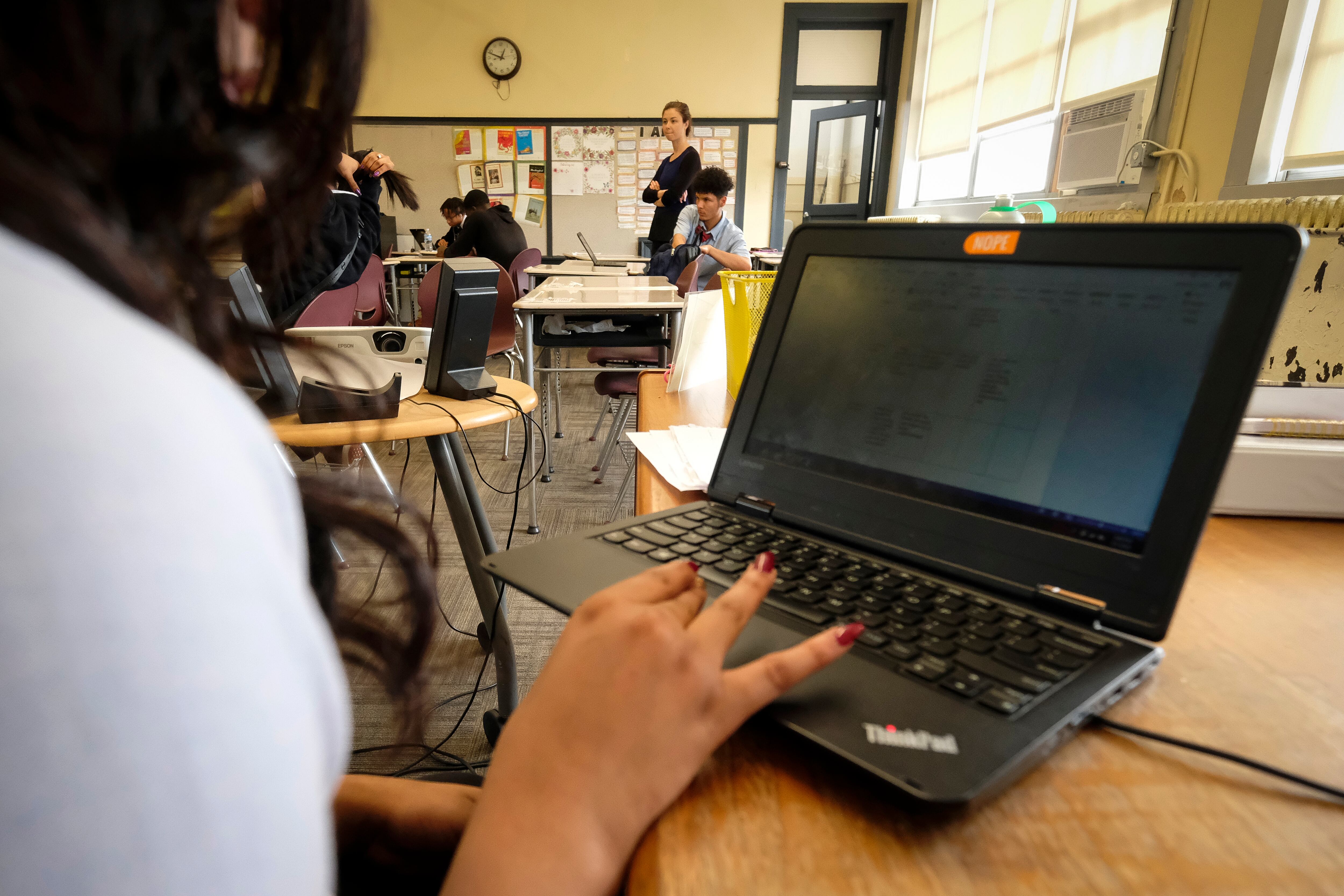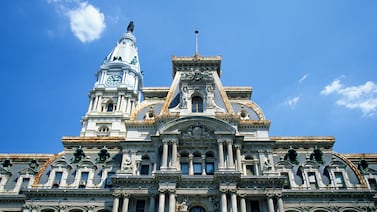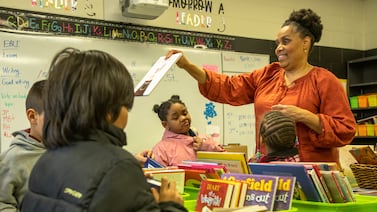Alongside $800 million to Indiana public schools in the second round of coronavirus relief dollars, the state is setting aside a small amount of money for more than two dozen charter schools that weren’t eligible for the larger pot of federal funds.
New charter schools that will open next fall are set to receive $40,000 each to defray COVID-related costs such as building improvements to reduce the risk of virus transmission and addressing students’ learning loss in their previous schools.
The other charter schools that weren’t eligible for federal COVID relief funds will be allocated at least $40,000 each. Those schools currently don’t participate in the federal Title I program that supports teaching students from low-income families, and determines eligibility for relief funds.
Nevertheless, Indiana is offering those charter schools a share of the aid because in general charter schools serve a disproportionate number of low-income students.
Schools can use the federal grant to cover past and future pandemic expenses through Sept. 30, 2023.
But one school district will miss out entirely on federal relief dollars, even though it qualified for the first round of federal aid. Zionsville Community Schools, a suburban school district north of Indianapolis, has just 5% of its students from low-income families, too small a portion to receive a share of round two CARES Act aid.
Superintendent Scott Robison said he was concerned that seven charter schools opening in Indiana next school year will get CARES Act funds, while his district will not.
“I would think that our fully functioning service to 7,400 students here where we didn’t get any money, but have a lot of CARES expenses, would at least be considered,” Robison said. “It seems a little weird that they are getting CARES funding and we’re not.”
He said his district should receive some funds.
Zionsville, along with every other school district, has covered many extra expenses during the pandemic. Robison said districts need funds to ensure their staff and students can be safe, “irrespective of whether someone is impoverished or not.”
Indianapolis Public Schools, the largest school district in the state and one that serves predominantly low-income students, is projected to receive nearly $80 million in round two, the most in the state.
In the first round of federal aid, IPS received nearly $22 million for its district-run and privately run schools. The district has incurred large pandemic-related expenses for devices for electronic learning, personal protective equipment, facilities, and academics.
Wayne Township in Indianapolis is expected to receive nearly $16 million in additional federal aid. Superintendent Jeff Butts said the district will likely prioritize mental health support, staffing for smaller classes, tutoring, and after-school activities. About two-thirds of its students come from low-income families.
“Everything that we’re doing will be focused on trying to get our students accelerated over the next two years,” Butts said.
While the relief funds may seem like a lot, Butts notes that the grants are not ongoing dollars.
“They’re one-time dollars that will allow us to work with our students,” he said.
Private schools together are slated to receive $81.7 million.
Heritage Christian School in Indianapolis, for example, is expected to receive $1.1 million, the most among the state’s private schools.







